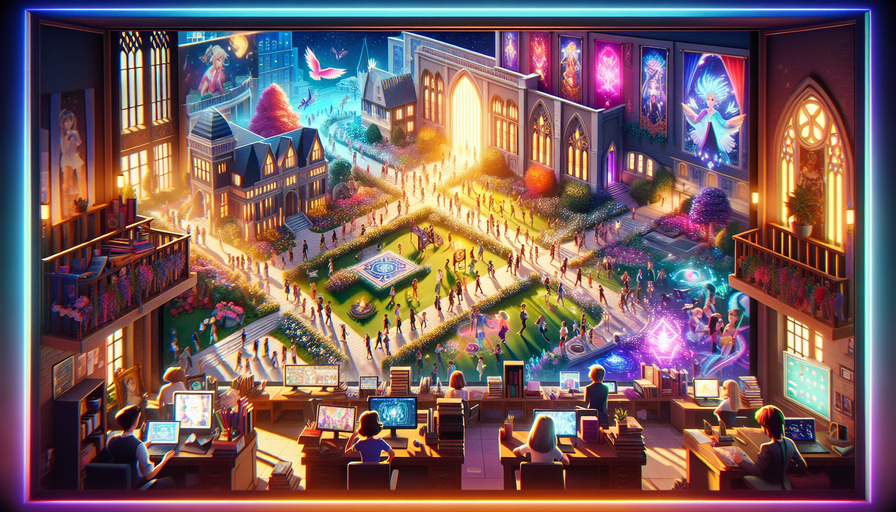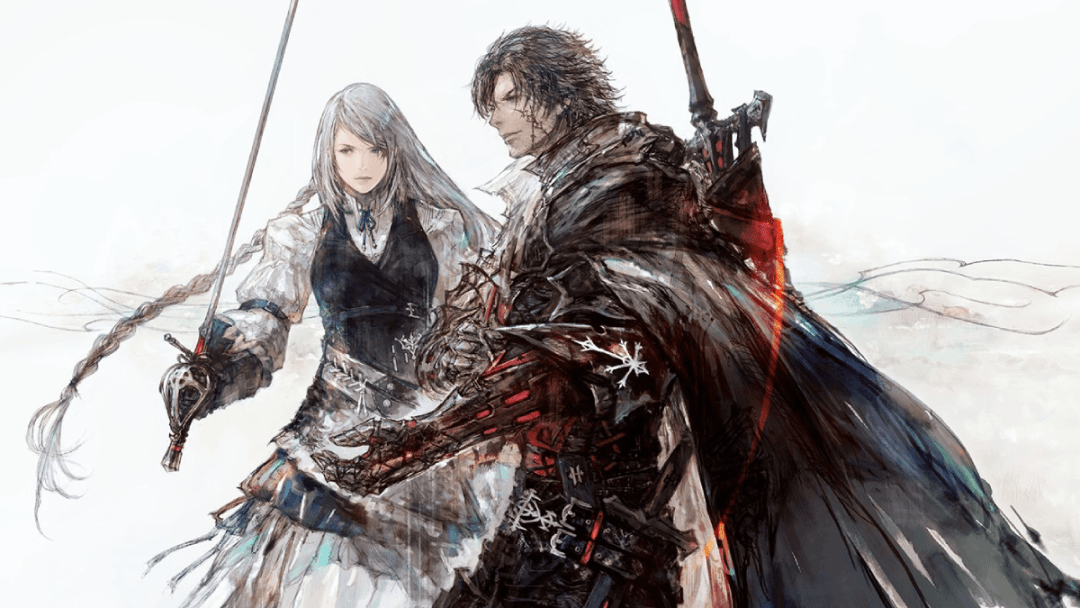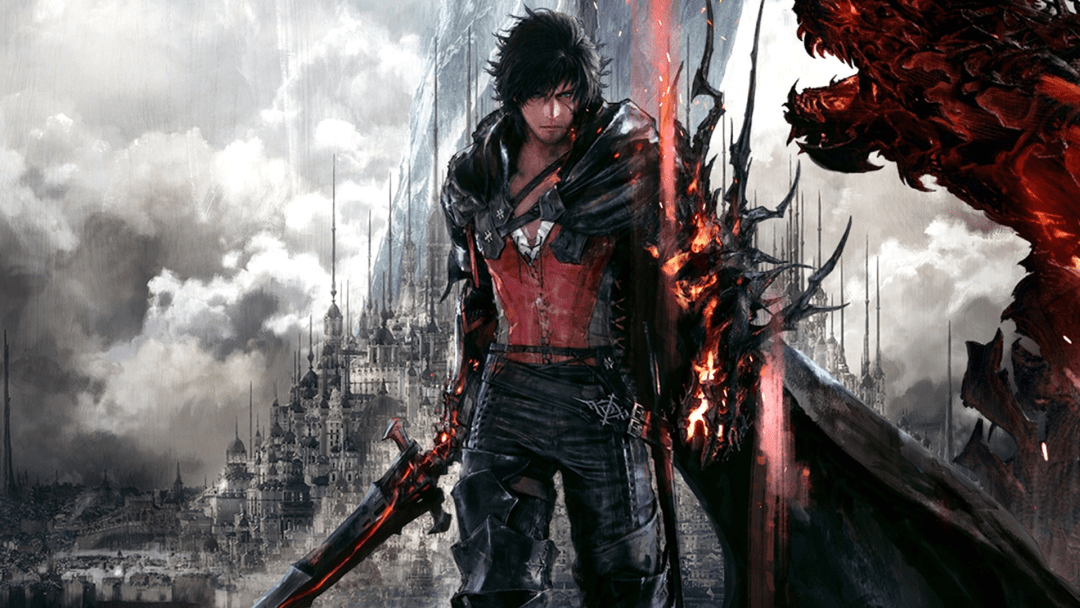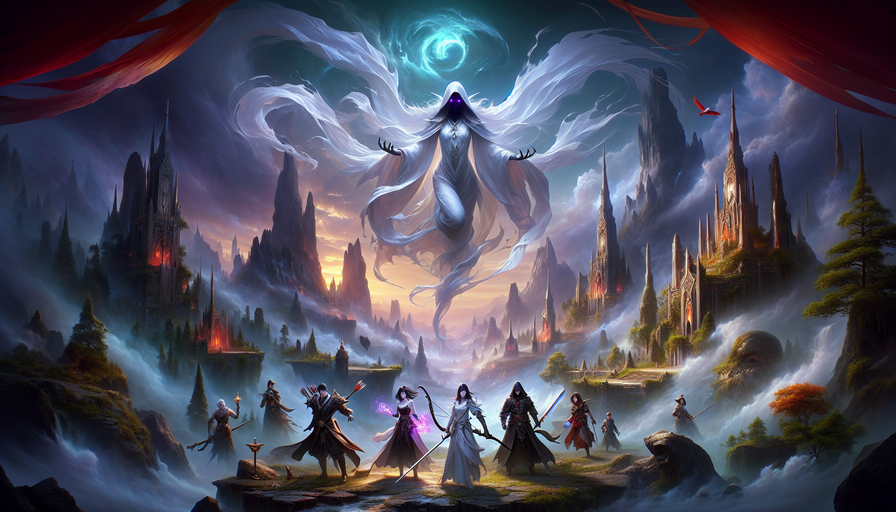In the realm of gaming, there exists a genre that transports players into fantastical worlds filled with magic, monsters, and adventure. This genre is known as tabletop role-playing games (RPGs), and one of the most iconic and influential titles in this category is Dungeons and Dragons (D&D). In this article, we will explore the world of tabletop RPGs, focusing on D&D as well as other games that have been inspired by its success.
The Legacy of Dungeons and Dragons
Dungeons and Dragons, commonly abbreviated as D&D, was first published in 1974 by Gary Gygax and Dave Arneson. It quickly gained popularity among gamers for its innovative gameplay mechanics that allowed players to create their own characters and embark on epic quests guided by a Dungeon Master (DM). The success of D&D paved the way for countless other tabletop RPGs to follow, each putting its own unique spin on the genre.
Exploring Different Tabletop RPG Systems
While D&D remains one of the most popular tabletop RPGs to date, there are numerous other systems that cater to different preferences and playstyles. For example:
– Pathfinder: Developed as a spiritual successor to D&D’s 3.5 edition, Pathfinder offers a more complex ruleset and character customization options.
– Call of Cthulhu: Based on the works of H.P. Lovecraft, this game focuses on cosmic horror and investigation rather than traditional fantasy adventures.
– Shadowrun: Blending cyberpunk elements with fantasy tropes, Shadowrun is set in a dystopian future where magic and technology coexist.
– Fate Core: Known for its narrative-driven approach, Fate Core encourages players to collaborate in shaping the story through their characters’ actions.
Each of these systems brings something unique to the table, appealing to different preferences within the tabletop RPG community.
Building Immersive Narratives Through Role-Playing
One of the key appeals of tabletop RPGs like D&D is the opportunity for players to immerse themselves in richly detailed narratives. As players navigate through dungeons, interact with NPCs (non-player characters), and make crucial decisions that shape the course of their adventures, they contribute to a collaborative storytelling experience unlike any other form of gaming.
The role



